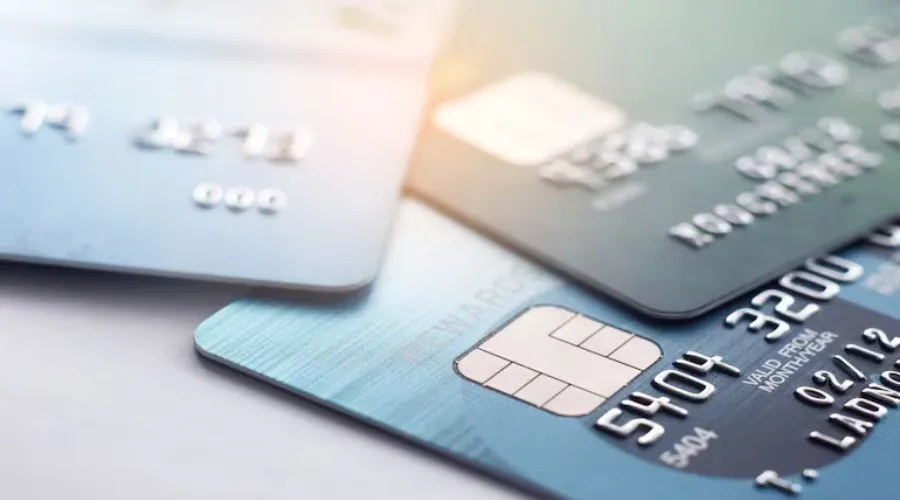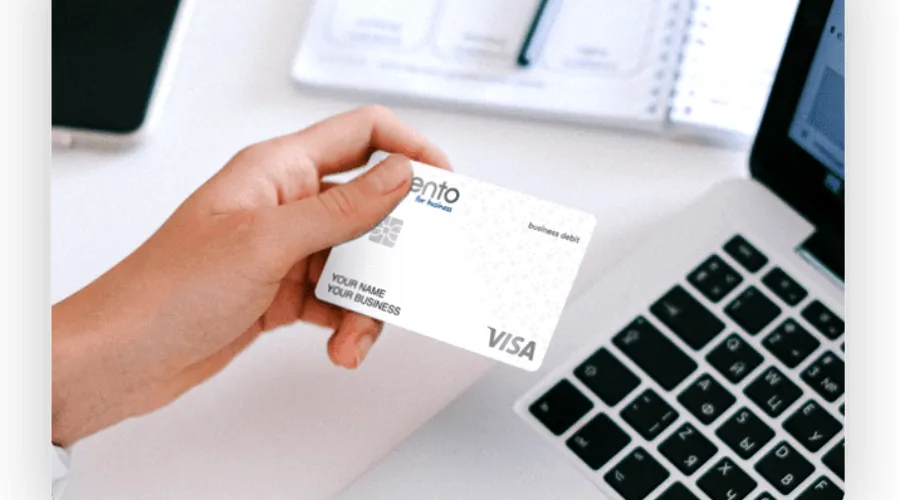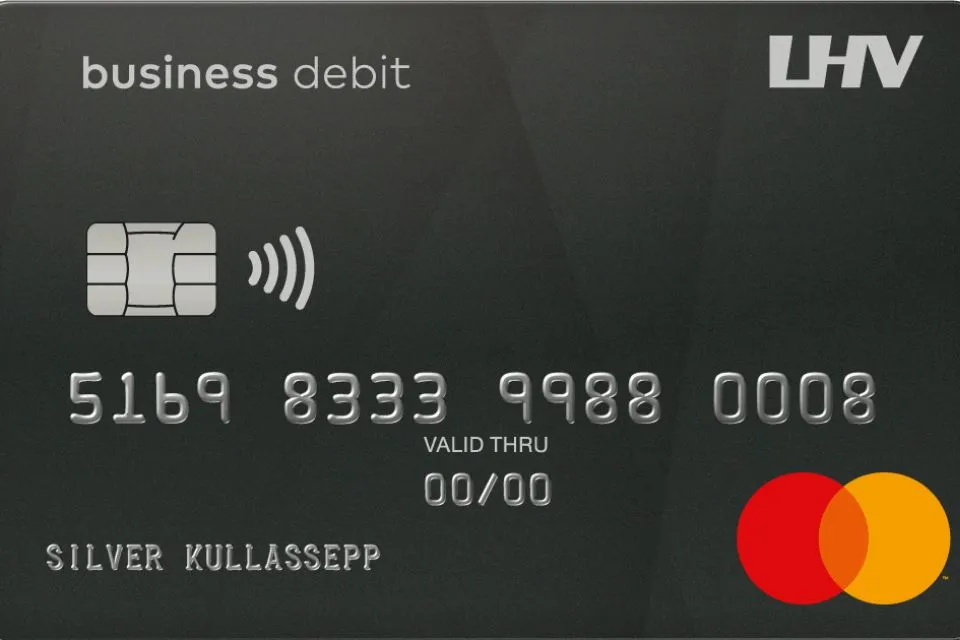Managing finances efficiently is very important for the success of any business, regardless of its size. Business owners need convenient tools that offer flexibility, security, and control over their financial transactions. One such tool that has become indispensable for many businesses is the business debit card. In this comprehensive blog, we’ll dive deep into the world of business debit card features, benefits, and how they can empower businesses to navigate their finances with ease and confidence.
1. Key features of business debit card:
1. Expense Tracking:
Business debit cards allow you to easily track and categorize your business expenses. Many card issuers provide online tools and apps that help you monitor your spending and generate detailed expense reports.
2. Separation of Business and Personal Finances:
One of the primary benefits of a business debit card is the ability to keep your business finances separate from your finances. This makes record-keeping, tax filing, and financial analysis much easier.
3. Customizable Transaction Limits:
Business owners can often set transaction limits on their debit cards. This feature provides an extra layer of security and allows you to control spending, especially for employees with company-issued cards.
4. Cash Management:
Business debit cards provide access to cash through ATMs, which can be essential for businesses that deal with cash transactions. Cash withdrawals can help maintain liquidity and flexibility.
5. Employee Cards:
Many business debit card programs offer the option to issue cards to employees. These employee cards can be customized with spending limits and restrictions, making it easier to manage and monitor employee expenses.
6. Security Features:
Business debit cards come with enhanced security features to protect against fraud and unauthorized transactions. These may include EMV chip technology, PIN protection, and real-time transaction alerts.
2. How does a business debit card differ from a personal debit card?
| Aspect | Business Debit Card | Personal Debit Card |
| Purpose | Designed for business expenses and transactions | Intended for personal spending and everyday transactions |
| Account Type | Linked to a business checking or savings account | Linked to personal checking or savings account |
| Ownership | Typically issued to a business or its authorized representatives | Issued to an individual for personal use |
| Cardholder | Often used by multiple employees or authorized users within a business | Solely used by individual cardholders |
| Transaction Limits | Allows customizable transaction limits for different users, enhancing security and control | Transaction limits are generally set by the individual account holder |
3. How can a business debit card help with expense tracking and budgeting?
1. Real-Time Transaction Records:

Every transaction made with a business debit card is recorded in real time. This means you have an up-to-date record of all expenses as they occur, allowing for immediate tracking.
2. Detailed Transaction Descriptions:
Debit card statements typically provide detailed descriptions of each transaction, including the date, time, location, and vendor name. This information makes it easier to categorize expenses accurately.
3. Automated Expense Reports:

Some business debit card programs offer automated expense reporting features. These tools can generate detailed reports, summarizing expenses by category or vendor, which can be useful for accounting and tax purposes.
4. Customizable Transaction Limits:
Business owners can set transaction limits on employee debit cards. This helps control spending and prevents overspending in certain expense categories.
5. Budgeting Insights:

Tracking expenses with a business debit card provides valuable insights into spending patterns. You can identify areas where expenses can be optimized or reduced, contributing to better budgeting decisions.
6. Different Business and Personal Expenses:
By using a dedicated business debit card, you maintain a clear separation between business and personal expenses. This separation is essential for accurate financial reporting and tax filing.
4. What types of businesses are eligible for a business debit card?
1. Business Legal Structure:
Business debit cards are typically available to businesses with various legal structures, such as sole proprietorships, partnerships, limited liability companies (LLCs), corporations, and non-profit organizations.
2. Business Accounts:
To obtain a business debit card, a business must have a corresponding business bank account. This account is used for managing the business’s finances and is linked to the debit card for transactions.
3. Business Registration:
Depending on the financial institution, some businesses may need to provide documentation of their business registration, such as an Employer Identification Number (EIN) or business license.
4. Credit Check:
While business debit cards do not involve credit lines or credit checks for the business itself, some financial institutions may conduct a credit check on the business owner or individuals associated with the business, particularly if the business debit card program includes overdraft protection or other credit-related features.
5. Compliance with Regulations:
Businesses must comply with all applicable financial and regulatory requirements, including anti-money laundering (AML) and know-your-customer (KYC) regulations.
Conclusion
Business debit cards are more than just a financial tool; they are a lifeline for businesses seeking financial stability and control. Understanding their key features and benefits can empower an entrepreneur to navigate the complexities of business finances with confidence, ensuring a solid foundation for growth and success. Whether you’re a startup owner or a seasoned entrepreneur, a Revolut business debit card can be a valuable asset in your financial toolkit.
For more information, visit TrendingCult.

